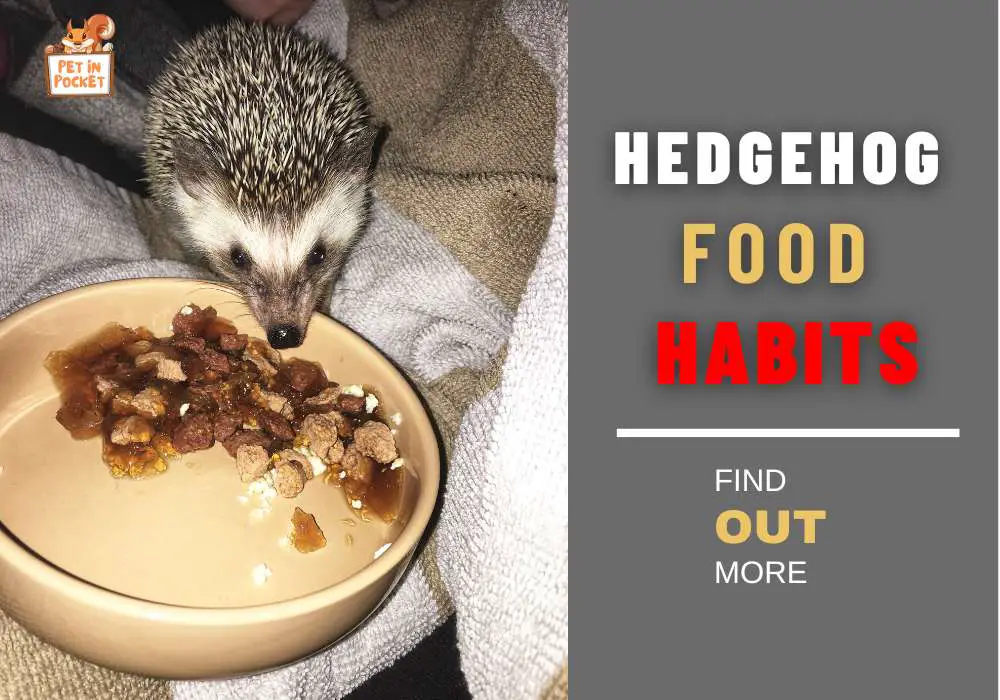Sugar gliders are adorable little creatures that make great pets. However, taking care of them can be challenging if you are not familiar with their unique needs. In this blog how to take care of sugar gliders, we will give you expert advice on how to take care of your sugar gliders. We will cover everything from their behavior and characteristics to their diet and nutrition. You’ll also learn about the important role that medical care plays in keeping your sugar glider healthy.
By following our comprehensive guide, you can ensure that your sugar glider lives a long and happy life with you. So, let’s dive in and discover all the basic cares of sugar gliders!
Table of Contents
Basic cares of sugar gliders

Understanding the behavior and characteristics of sugar gliders is crucial for their overall well-being. These adorable small creatures are social animals, so the bonding process with their owners plays a significant role in their happiness. Providing a proper and comfortable habitat is essential for their health. Create a safe space for them to play and exercise daily, as it is a great way to ensure their physical and mental stimulation. When setting up their enclosure, consider the temperature, lighting, and choice of bedding materials. A healthy diet is also important, so make sure you provide them with a balanced and nutritious daily diet.
Lastly, remember to give them access to fresh water through a water bottle. By following these basic care guidelines, you can ensure that your sugar gliders thrive and enjoy a happy life.
Behavior and Characteristics of sugar glider
Sugar gliders, fascinating nocturnal creatures, are most active during the night. What sets them apart is their ability to glide through the air, thanks to a unique membrane called the glider. To keep these delightful animals mentally stimulated, provide them with toys like pouches or nesting materials. It’s important to note that sugar gliders have a distinctive odor, so be prepared for that. Researching their behavior and characteristics will give you insight into their needs, ensuring you can care for them properly. By understanding their natural behaviors, you can create an enriching environment that promotes their well-being.
So, whether you’re a new pet owner or already have experience, taking the time to learn about these captivating creatures will help you foster a healthy bond with your sugar glider.
A Proper and comfortable habitat for Your Sugar Glider
When it comes to providing a proper and comfortable habitat for your sugar glider, there are several important factors to consider. Here are some dos and don’ts to keep in mind:
Things to do:
Things to avoid:
By following these dos and don’ts, you can ensure that your sugar glider has a proper and comfortable habitat to thrive in.
Comprehensive Guide to Sugar Glider Diet and Nutrition

Proper nutrition is crucial for the overall health and well-being of sugar gliders. To ensure they thrive, it’s important to provide them with a balanced and healthy diet. This includes a variety of fruits, vegetables, and supplements. Fresh water should be available to them daily for hydration. Calcium-rich foods are essential for the development of strong and healthy bones. It’s important to avoid feeding them fatty foods, as obesity can lead to various health problems. By focusing on their diet, you can help your sugar gliders stay healthy and happy.
Essential Foods for Sugar Gliders to grow up healthy
Offering a healthy diet is essential for sugar gliders to grow up healthy. Fresh fruits like apples and grapes are great sources of vitamins and nutrients that they need. Along with fruits, a balanced daily diet should also include fresh vegetables such as carrots and leafy greens. Providing sugar gliders with healthy protein sources like crickets or mealworms helps support their growth and development. Additionally, offering calcium-rich foods like yogurt or calcium supplements contributes to the development of strong bones. Sugar gliders also enjoy fresh watermelon, which not only provides hydration but also satisfies their taste buds. Remember, a nutritious diet plays a vital role in ensuring that sugar gliders stay healthy and thrive in their new pet homes.
Dangerous Foods for sugar gliders to Avoid
It is important to keep in mind both the dos and don’ts when it comes to feeding your sugar glider. Here are some guidelines to follow:
Dos:
Don’ts:
By following these guidelines, you can ensure that your sugar glider’s diet remains healthy and safe.
Medical Care for a Healthy Sugar Glider

Regular veterinary check-ups are crucial for maintaining the overall health of sugar gliders. These check-ups allow veterinarians to detect any potential health problems early on, preventing serious complications. Vaccinations are also important for protecting sugar gliders from common diseases. It is essential to consult a veterinarian experienced in exotic pets to determine the recommended frequency of health check-ups for your sugar glider. By following a regular medical care routine, you can ensure that your sugar glider stays in optimal health. Remember, early detection and prevention are key to keeping your pet happy and healthy. Trusting a vet who specializes in exotic pets will provide your sugar glider with the best possible medical attention.
Regular Check-ups and Vaccinations
Regular check-ups and vaccinations are crucial for the health and well-being of sugar gliders. It is important to schedule regular check-ups with a veterinarian who specializes in exotic animals. This ensures that your sugar gliders receive proper medical attention and care. During these check-ups, the vet will examine your sugar glider to detect any potential health issues early on. Additionally, vaccinations are essential for preventing common diseases in sugar gliders. Following the vet’s recommended schedule for health check-ups and vaccinations will help ensure that your sugar gliders are protected from potentially harmful diseases. Regular vet visits play a significant role in maintaining the overall health of your sugar gliders and can lead to better outcomes.
How often should you take your sugar glider to the vet?
To ensure the health and well-being of your sugar glider, consult a veterinarian to determine the appropriate frequency of vet visits. Factors such as age, health, and environment may influence visit frequency. Regular check-ups are essential, so stay updated on the latest health recommendations from trusted veterinary sources.
Here are some dos and don’ts for taking care of your sugar glider’s medical needs:
To be followed:
To be avoided:
Remember, proactive medical care is key to keeping your sugar glider healthy and happy. Contact the vet promptly if any health concerns arise between scheduled visits.
Frequently Asked Questions:
What should I feed my sugar glider?
Sugar gliders need a balanced diet that includes fresh fruits, vegetables, and protein. Commercially available food specifically designed for sugar gliders is also recommended.
Can sugar gliders live alone?
Sugar gliders are social animals and thrive in groups. It’s recommended to have at least two sugar gliders together.
How often should I clean my sugar glider’s cage?
Sugar glider cages should be cleaned every week. Spot cleaning should be done daily to maintain cleanliness.
What kind of toys should I buy for my sugar glider?
Sugar gliders enjoy toys that they can climb on, chew, and play with. Items like ropes, ladders, and swings are good choices.
Do sugar gliders need baths?
Sugar gliders don’t need regular baths. They are self-grooming animals and clean themselves like cats.
How often should I take my sugar glider to the vet?
Sugar gliders should have a check-up at least once a year. If you notice any unusual behavior or symptoms, consult with a vet immediately.
Can sugar gliders be trained?
Sugar gliders can be trained to do tricks and use a litter box. Positive reinforcement is key necessary to train your sugar glider. You can choose different gestures and postures for different actions.
Conclusion
Taking care of sugar gliders requires attention to their behavior, habitat, diet, and medical care. Understanding the behavior and characteristics of sugar gliders is crucial in providing them with a comfortable habitat. It’s important to provide them with a proper diet that includes essential foods and avoids dangerous ones. Regular check-ups and vaccinations are necessary for their overall health.
By following these expert advices, you can ensure that your sugar glider grows up healthy and happy. Remember, these adorable creatures deserve the best care, so make sure to prioritize their well-being.






Leave a Reply